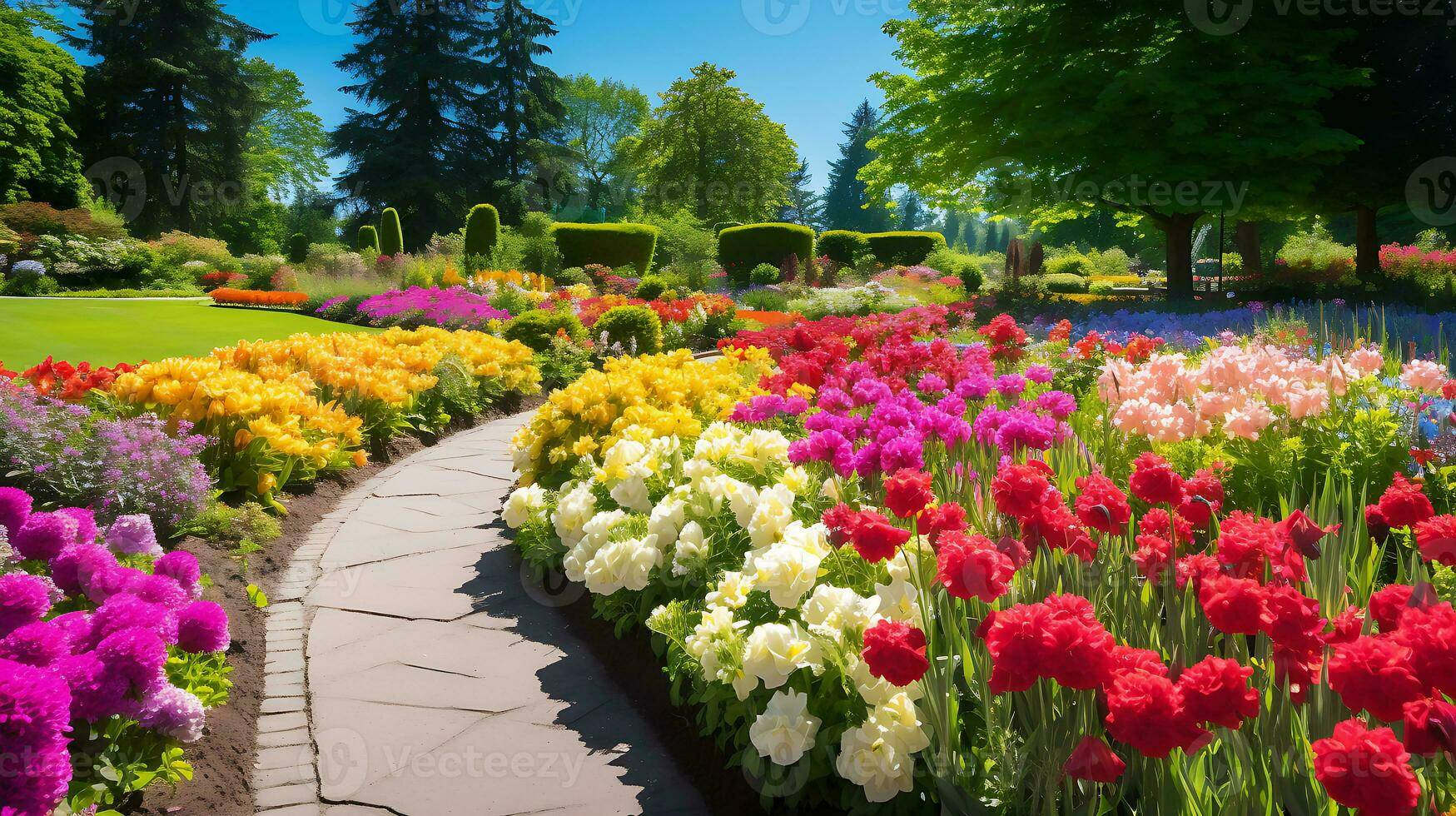The Petal Effect: Unpacking the Profound Impact of Flowers on Human Society.
Flowers have been an integral part of human culture and society for thousands of years, transcending their role as mere decorations to become an essential language of expression, emotion, and connection. From ancient rituals and ceremonies to modern-day bouquets and arrangements, flowers have played a profound role in shaping our relationships, traditions, and experiences.
One of the most significant ways in which flowers impact society is through their emotional resonance. Flowers have an uncanny ability to evoke powerful emotions, from the joy and elation of receiving a bouquet on a special occasion to the comfort and solace of laying a wreath at a loved one's gravesite. This emotional connection is deeply rooted in our collective psyche, with flowers serving as a universal language that transcends cultural and linguistic barriers.
Beyond their emotional significance, flowers also play a vital role in shaping our cultural and social norms. In many societies, flowers are an integral part of traditional ceremonies and rituals, such as weddings, funerals, and holidays. For example, in Japan, the cherry blossom festival (Hanami) is a deeply revered tradition that celebrates the fleeting beauty of life. Similarly, in India, the festival of Holi is marked by the exchange of colorful flowers and the throwing of flower petals.
In addition to their cultural significance, flowers also have a profound impact on our physical and mental well-being. Studies have shown that being around flowers can reduce stress levels, improve mood, and even lower blood pressure. This is why flowers are often used in therapy and healing settings, such as hospitals and hospices, to promote relaxation and comfort.
Furthermore, the flower industry is a significant contributor to local economies and communities. In many countries, flower farming and production provide a vital source of income for thousands of families and small businesses. This is particularly true in developing countries, where the flower industry can provide a vital lifeline for rural communities.
In recent years, the significance of flowers has also been recognized in the context of environmental sustainability. Flowers are an important part of many ecosystems, providing a source of food and shelter for bees, butterflies, and other pollinators. As concern about climate change and environmental degradation grows, the importance of preserving and promoting flower diversity has become increasingly clear.
In conclusion, the significance of flowers to society cannot be overstated. From their emotional resonance and cultural significance to their impact on our physical and mental well-being, flowers play a profound role in shaping our experiences and relationships. As we move forward in an increasingly complex and interconnected world, it is essential that we recognize and celebrate the importance of flowers in all their forms and manifestations. By doing so, we can foster a deeper appreciation for the natural world, promote cultural understanding and exchange, and cultivate a more compassionate and empathetic society.




No comments yet
Be the first to share your thoughts!